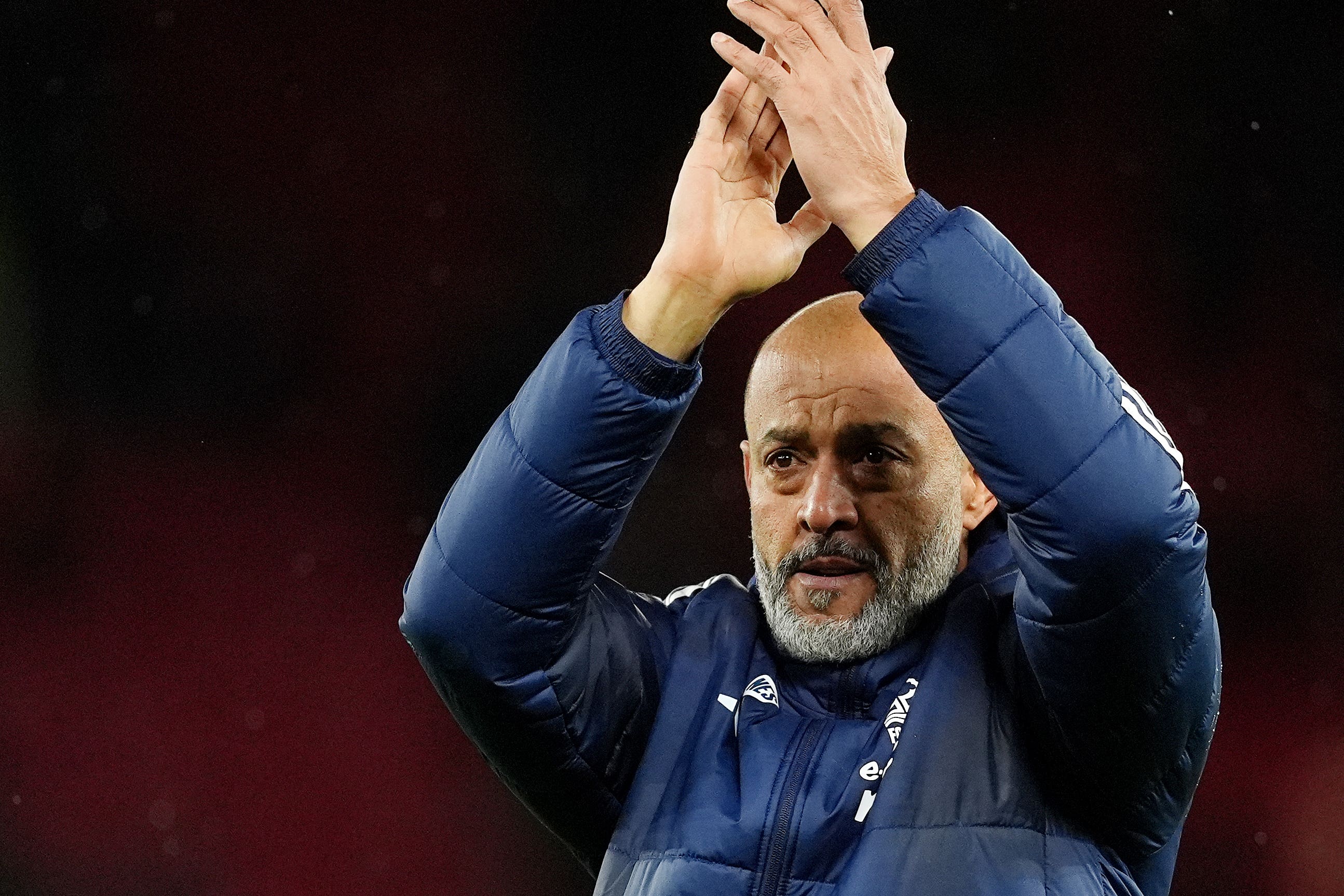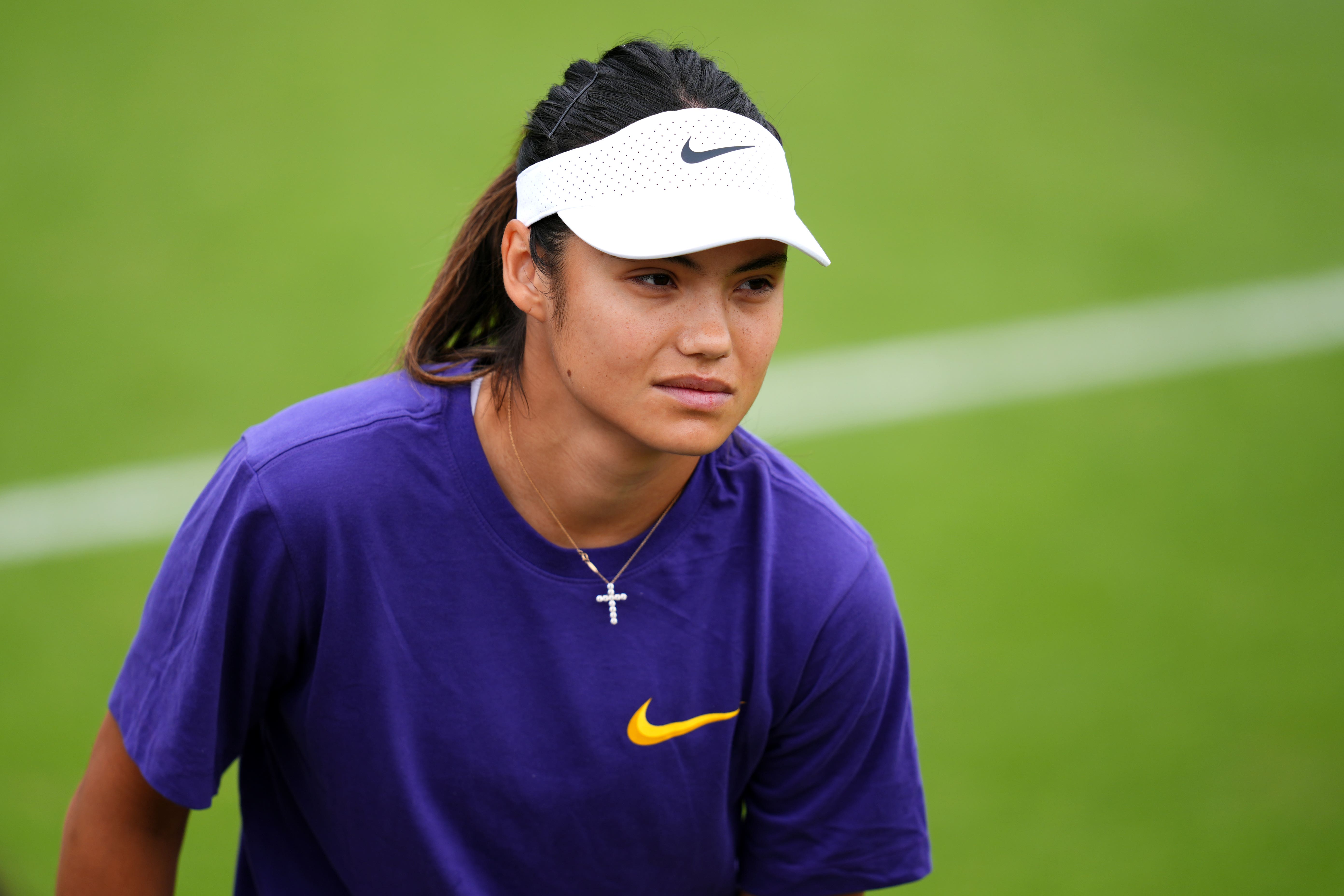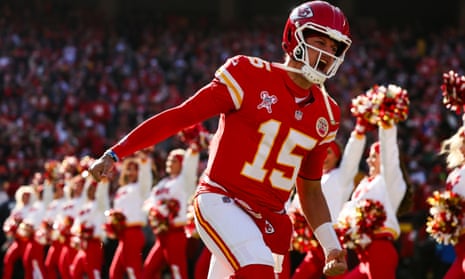Silver medallist at the European Rowing Championships in 1962 who became an inspiring coach and influential administrator. When Penny Chuter, who has died aged 82, began to mess about in a rowing dinghy as a toddler and with water sports as a teenager, rowing clubs were for men only. The European Championships and the Olympics were open only to men, and the council of Britain’s Amateur Rowing Association (ARA) hardly ever saw a woman at its table.
![[Chuter on the Brent Reservoir in London, during the Women's European Rowing Championships, 1960. (Photo by George W. Hales/Fox Photos/Hulton Archive/Getty Images)]](https://i.guim.co.uk/img/media/342c1b75f0ff8900bcc616edbbe1f22a8bb9a8c4/0_261_3750_4506/master/3750.jpg?width=445&dpr=1&s=none&crop=none)
Now clubs welcome female members. The world championships and the Olympics offer equal numbers of open events for women and men (as does the Henley Royal Regatta), and the headcount of women who row has grown enormously in schools, universities, clubs, competitions and worldwide.
Much of this transformation is because of Penny; she became a tough sculler, an inventive coach and an effective trainer for British Rowing (as the ARA is now called) and World Rowing’s development programme. The Chuter family lived by the Thames at Laleham, then in Middlesex, now Surrey, and Penny rowed across the river to primary school from the age of five. She joined Laleham Skiff and Punting Club and won the first of her 27 punting championships aged 15 in 1957, and the first of 21 skiff championships in the following year, in singles, doubles and mixed categories.
She found little coaching material available at that time, so she sought help from Neville Milroy, “Jumbo” Edwards and Stuart “Sam” Mackenzie, an Australian who won the Diamond Sculls at Henley in six consecutive years. British coaches were obsessed with style, so Penny studied technical books by athletes such as Gordon Pirie, Herb Elliott and Derek Ibbotson.






















